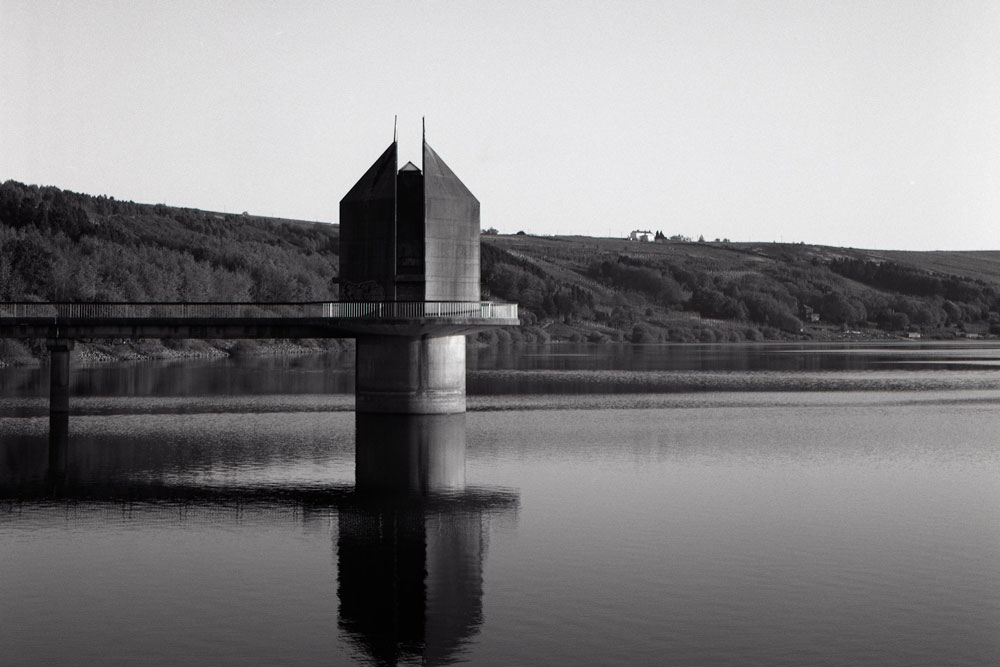During 2020/2021, research continued to be a key part of the work of the School of Architecture. The COVID 19 pandemic and the new online platforms allowed us to reach broader audiences and to build networks and research projects globally from our own cities. Increasingly, our research is connected with our teaching, bringing richness, depth and debate to our collective scholarly enquiries.
Public events
Professor Ola Uduku curated the multi-institutional series of creative and academic events PAHC75, to celebrate the 75th anniversary of the 5th Pan African Congress, held in Manchester in 1945. The Congress was a precursor to the development of a number of African independence movements which went on to successfully secure self-rule for countries across Africa. It also signified the movement of the intellectual discourse on African self-realisation and solidarity with other causes; moving from the Americas and the West Indies, to the UK and then on to Africa.
The School hosted an online conference on the theme of Teaching, Learning and Research in architectural education. Organised by Sally Stone and Laura Sanderson in collaboration with Architecture Media Politics Society (AMPS) over three days, academics from five continents shared their experiences and ideas in a series of lively sessions.
Drs Richard Brook and Luca Csepely-Knorr ran a series of innovative artists’ conversations as part of their AHRC funded research projects ‘Landscapes of Post-War Infrastructure’. Organised in collaboration with the Modernist Society, the conversations between visual and literally artists (Martyn Bull and Brian Lewis; Helen Angell and Kevin Crooks and Gareth Rees and Jen Orpin) aimed to uncover the intangible values infrastructural landscapes have. The project was highlighted by Professor Christopher Smith, Executive Chair of the Arts and Humanities Research Council (AHRC), as an ‘example of how attending to a problem through the same processes, but different methodologies and practices, leads to deeper, richer understanding’.
Helen Aston and Sarah Renshaw were part of a series of events, ‘Urbanistas NW’, during January 2021.
Dr Luca Csepely-Knorr’s research into women in design professions has been recognised by a number of invitations. She took part in a series of events organised by the Gardens Trust to explore the importance and legacy of the landscape architectural heritage of the post-war period. She also participated in roundtable events to celebrate International Women’s Day organised by the SAHGB, the SAH and the Women in Danish Architecture Research project. She authored a series ‘Feature’ articles for the SAHGB website, and curated a series of articles together with Elizabeth Darling to celebrate Women’s History Month.
Publications
Dr Lukasz Stanek’s book 'Architecture in Global Socialism: Eastern Europe, West Africa, and the Middle East in the Cold War' won both the prestigious Alice Davis Hitchcock Medallion by The Society of Architectural Historians of Great Britain and the RIBA’s President’s Award for Research. The book was launched with an international symposium and Lukasz has been invited to a number of schools of architecture in Europe and the US to present his work.
Dr Richard Brook’s co-edited volume, 'Cold War Cities: Politics, Culture and Atomic Urbanism, 1945-65' with Dr Jonathan Hogg and Dr Martin Dodge, was published in December 2020. The book examines the impact of the Cold War in a global context and focuses on city-scale reactions to the atomic warfare. It delivers a new dimension to the existing debates of the ideologically opposed superpowers and their allies, their hemispherical geopolitical struggles, and helps to understand decades of growth post-Second World War by foregrounding the Cold War.
Dr Deljana Iossifova published her book ‘Translocal Ageing in the Global East: Bulgaria’s Abandoned Elderly’. Translocal Ageing in the Global East is celebrated as ‘an impressive mix of theory, ethnography, and policy critique. The book is about the everyday lives of Bulgaria’s “greatest generation”—children of the inter-war and World War II periods—who managed to adjust and thrive through five decades of state socialism’.
Professor Albena Yaneva published her new book 'Crafting History'. The book addresses the strategies practicing architects employ to envisage an archive-based future and tells a story about how architectural collections are crafted so as to form the epistemological basis of architectural history. Professor Yaneva has presented the book in talks and seminars around the world.
Kasia Nawratek contributed to the RIBA publication, ‘Design Studio Vol. 1: Everything Needs to Change: Architecture and the Climate Emergency: 2021’, with a chapter titled ‘Hope in the Burning World’.
Grant success
Professor Albena Yaneva was awarded an Economic and Social Research Council grant for “Mapping Spatial Practices and Social Distancing in Smart Schools: Sensory and Digital Ethnographic Methods”, working with Elizabeth de Freitas (MMU) and Nils Jäger (Nottingham).
Laura Sanderson and Sally Stone, received two grants from the Heritage Lottery Fund to support their research-by-design work with Bradford City Council, ‘Blueprint Bradford’.
Dr Deljana Iossifova is the Principal Investigator on another ESRC funded project, ‘Right to Water’, building on her work looking at perilous infrastructures in deprived global communities.
Professor Ola Uduku was successful in her application to the British Academy for an innovative international project, ‘Writing West African University Campus Modernism’, working with partners in Ghana and Nigeria.
Dr Mark Hammond secured an internal award to continue his pioneering work into healthy ageing and urbanism.


